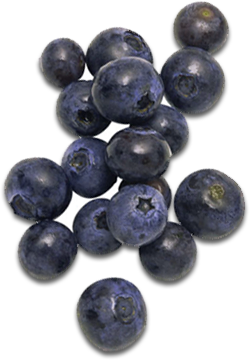no items to display
Why is Vitamin D important and where do we find it?
You may have heard of Vitamin D as the ‘sunshine vitamin’, but Vitamin D is totally unique when you compare it to other vitamins. In this article we will delve into what vitamin D actually is, what vitamin D is needed for in the body, why we need vitamin D and where we can get vitamin D.
What is Vitamin D?
Vitamin D is the only vitamin that comes from another source apart from the foods we choose to eat - that source is the sun. The body creates vitamin D from direct sunlight and goes onto to use it in a number of biological processes which means vitamin D can do it’s job of promoting strong healthy bones and protecting your cells.
Vitamin D is also incredibly important for maintaining healthy organs, as well as keeping your immune system strong. Vitamin D is even more unique, as on entering the body, it is turned into a hormone. Therefore, vitamin D isn’t really a ‘vitamin’ in the typical biological sense, as the body converts it into something it needs. This hormone controls the balance of calcium in the blood and maintains a healthy immune system. This is why vitamin D is essential for strong, healthy bones and was previously associated with rickets.
Vitamin D is essential for many important body functions and processes, and unusually, you can’t get an awful lot of it from the
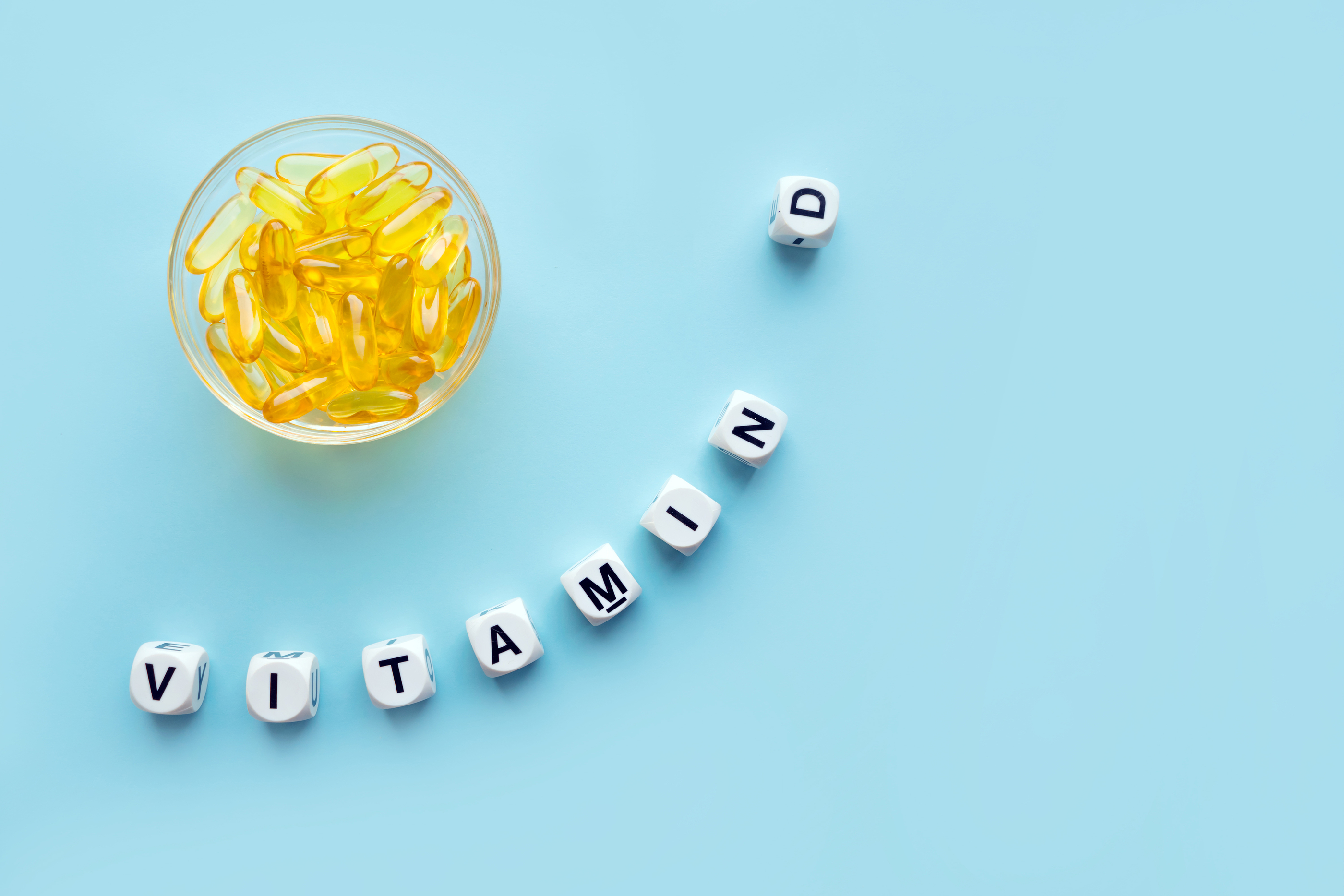
Why is Vitamin D important?
Vitamin D has such an important function in the body, because every single cell has a receptor for it. When Vitamin D enters the body, it binds to its receptor and this allows it to carry out many important tasks. So what is vitamin D’s role in the body?
Vitamin D is absolutely necessary for maintaining strong bones and is one of the key reasons it is so important. It helps absorb calcium and phosphorus, which are both used by the body to strengthen your bones. Even if you consume lots of calcium, Vitamin D is still needed to help absorb it and get the calcium to work. Another reason vitamin D is important for the body is its ability to strengthen bones and therefore teeth. So as you can see vitamin D is pretty vital – but what are the benefits of vitamin D?
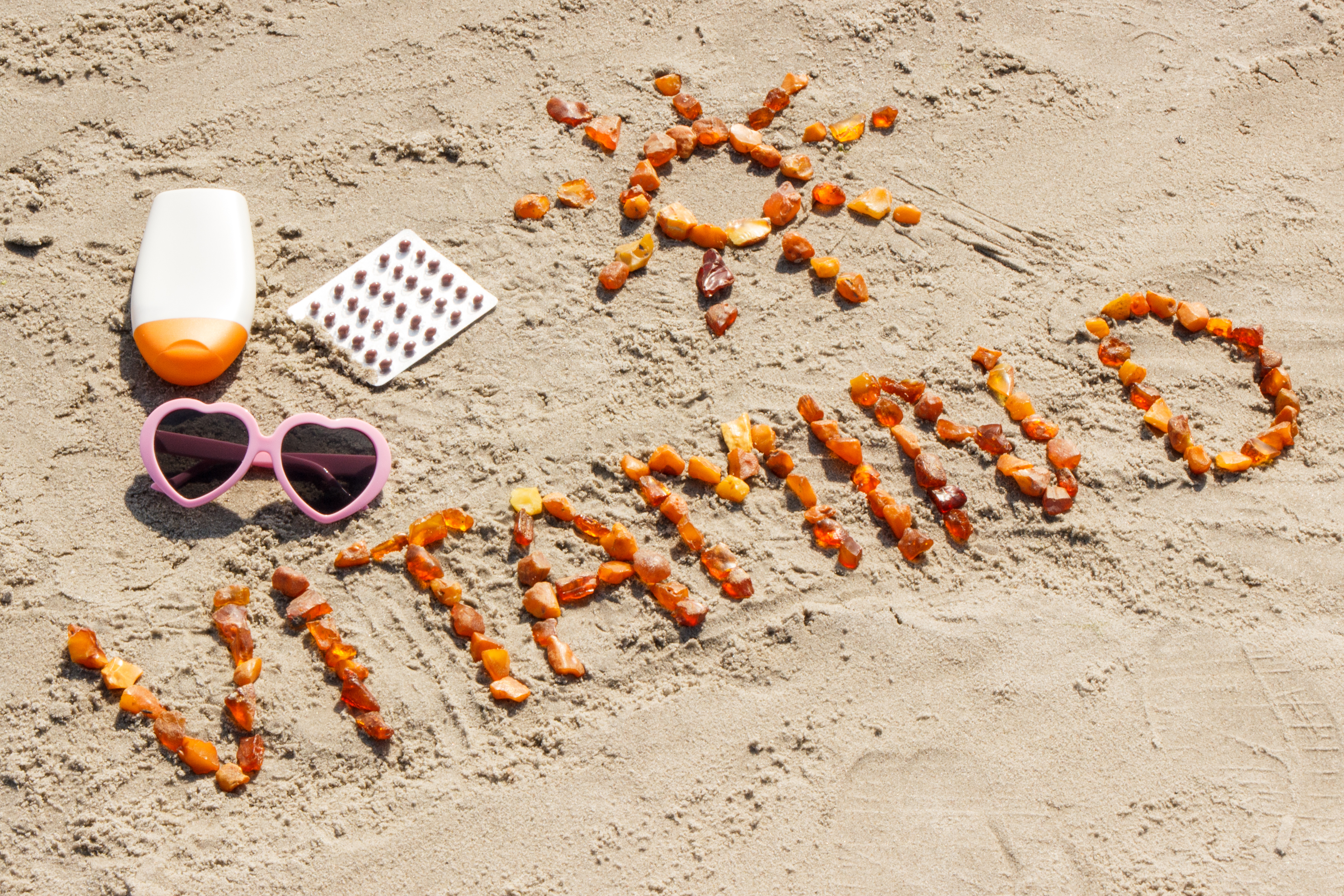
Benefits of Vitamin D
There are a vast number of health benefits of taking vitamin D, read about a few of them below.
1. Immune System.
As Vitamin D is also attributed to boosting the immune system, many studies have been carried out to monitor it’s impact on improving the immune system and therefore, potentially providing disease prevention. These studies have looked at cancer, cardiovascular diseases, diabetes and autoimmune diseases and found that generally, a lack of vitamin D causes issues in all of the above, including increasing development and occurrence. Although much more study needs to be done, it is clear how extremely vital vitamin D is to our overall wellbeing.
2. Cardiovascular problems
One study found that vitamin D plays a vital role in working of the muscles and blood vessels, therefore making it potentially a key ingredient for heart health. Subsequently, other studies have found vitamin D might even play a role in protecting the heart, citing that a deficiency may increase chances of heart failure and maybe even heart disease.
3. Depression and Seasonal Affective Disorder
There are also studies on the impact on the brain and our mood – some studies have explored the link between depression and Seasonal Affective Disorder, a type of depression, which is heightened by winter months and less sunlight. One study found that Seasonal Affective Disorder (SAD) was more prevalent when vitamin D levels in the body were low and since then, some people now use UV lights and light therapy to assist their body in making vitamin D.
As you can see Vitamin D is essential for the body in so many ways – but what happens when we don’t get enough of it and where do we get vitamin D from?
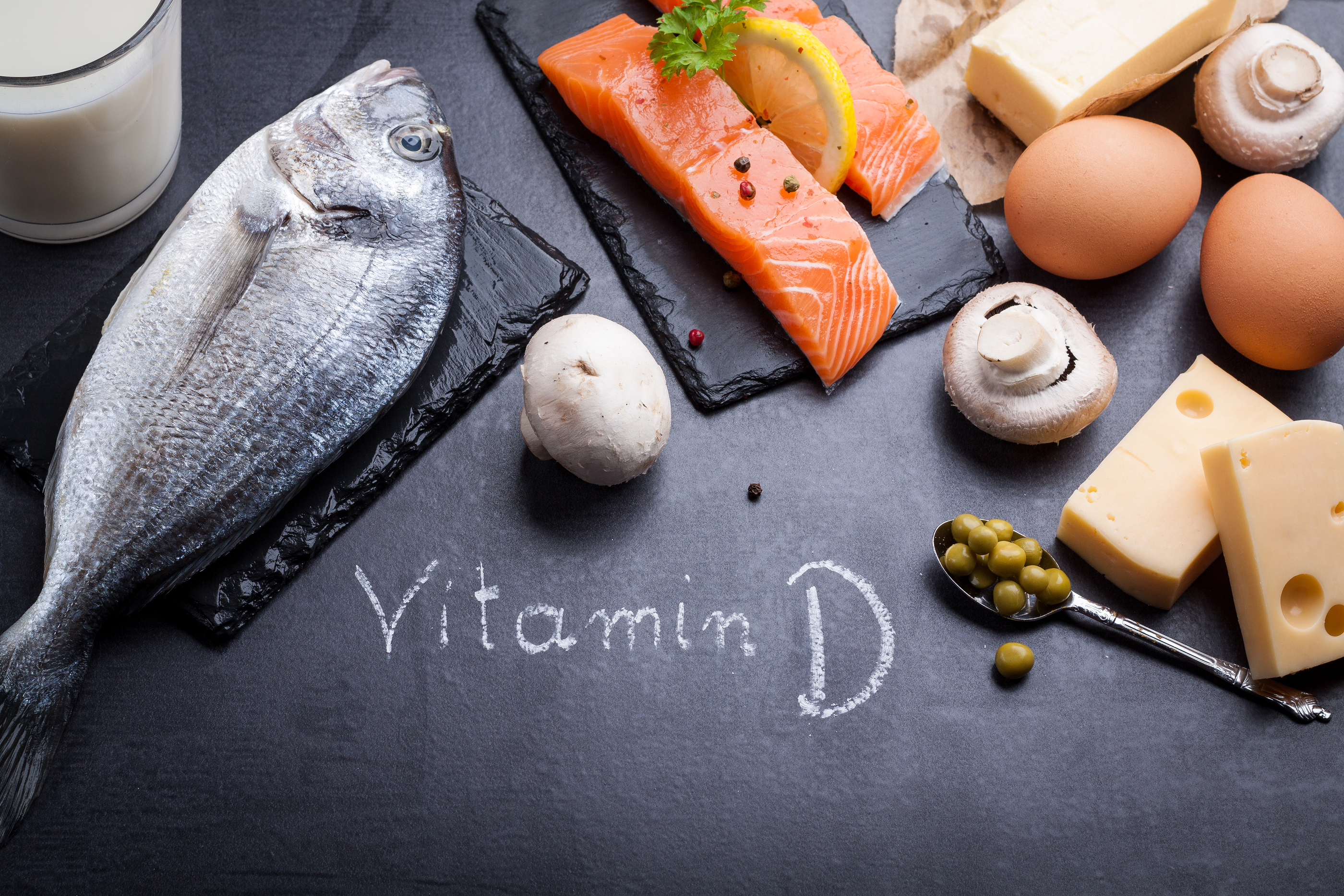
Vitamin D Deficiency
If you’ve read up to here, you’ll know now how much we need vitamin D to make our bodies tick. So what are the signs of vitamin D deficiency, and how does it impact the body? These are just a few signs or symptoms of vitamin D deficiency.
• Bone issues
The lack of vitamin D these days is often attributed to the development of soft bones (osteomalcia) or fragile bones (osteoporosis). Whilst calcium is extremely important for osteoporosis prevention, vitamin D is just as important as it helps your body absorb the calcium.
• Fatigue and exhaustion
Vitamin D deficiency has also been linked to fatigue and exhaustion – although the studies aren’t certain on this, it is thought that adding more vitamin D to diet and lifestyle might help with certain types of fatigue.
• Low immune system
It has been shown in studies that vitamin D plays a key role in keeping our immune system strong and that if we don’t have enough of it, we can be more susceptible to infection.
So how do you go about actually getting vitamin D into the body, so it can do all this marvellous work?

So where can I get Vitamin D?
Here we explore the best ways to get vitamin D and the best vitamin D food sources.
1. Sunshine
The best to get vitamin D is from the sun, as the skin acts as an absorber of this into the body. According to the NHS, it is difficult to know exactly how much time every single person needs, as the amount needed can widely differ based on your age, skin colour and ethnicity. As with spending anytime in the sun, it is extremely important not to burn and it is important to note you do not have to sunbath to get vitamin D.
Of course the amount of sunshine you have access to very much depend where you live in the world, and what season it is. In the UK example, the winter sun does not contain enough UVB radiation to generate vitamin D. Therefore, it is important to look to other ways to get vitamin D. You can only really get it in a very small handful of foods and fortified products – so supplements during the winter are often recommended.
2. Oily Fish, Egg Yolks and Cod Liver Oil
There are only really a few foods that contain vitamin D. Oily fish like salmon, herring and sardines all contain some vitamin D. Tuna and mackerel are also good on this list – although the amounts of vitamin D are still minimal. Egg yolks also contain some vitamin D and cod liver oil contains lots of vitamin D.
3. Fortified products
Some margarines, butter, milks and baby formulas are fortified with vitamin D – but not all of them. To know if they were, you would need to rigorously check the label.
4. Supplements
In the absence of sunshine, vitamin D supplements are often seen as the best way to get more of this into your system. It is important to take advise from a medical professional before taking vitamins, but there are a wide range available in most chemists and supermarkets
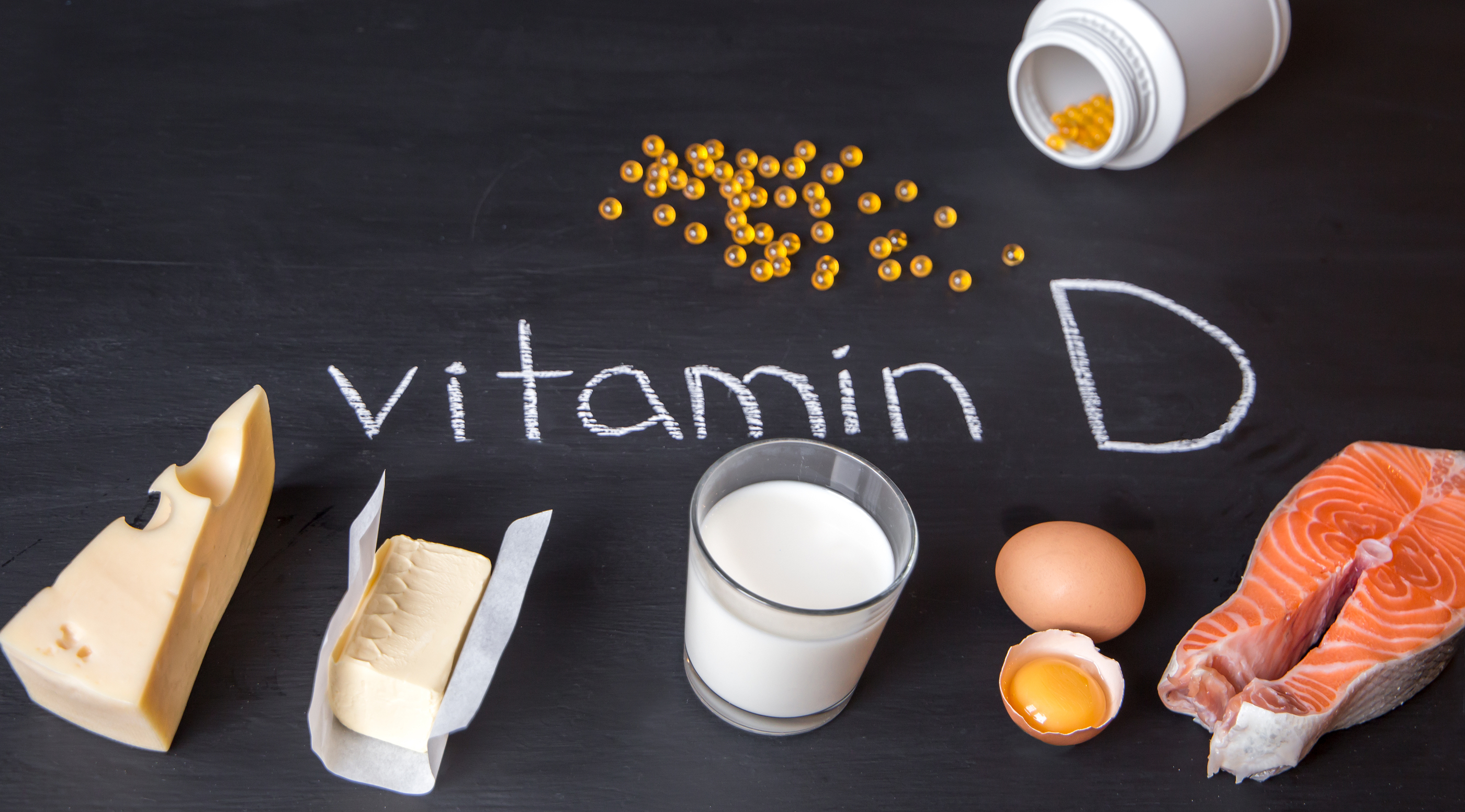
How much Vitamin D do I need?
The amount of Vitamin D you need very much depends on your age and current health status, so therefore it is difficult to say what is a ‘normal vitamin D level’. However, the current UK government recommendation of vitamin D intake is 10 micrograms via a supplement during autumn and winter. However there are variations to this rule, which you can read more about here.
It also very much depends on where you live in the world, which is why it’s vital to take advice from a medical professional.





